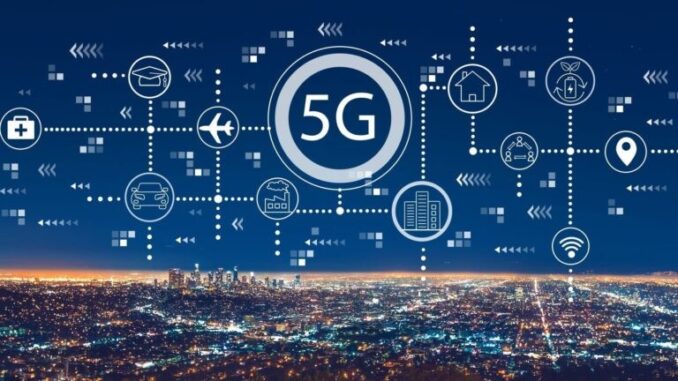
The discussion around 5G policy is a multifaceted issue that covers various aspects including technology, security, economic implications, regulatory frameworks, and international competition. Here are some key points to consider when discussing 5G policy:
Investment in Infrastructure: Governments need policies that encourage investment in 5G infrastructure, which requires significant capital investment from both public and private sectors.








Job Creation: The deployment of 5G can lead to job creation in both the technology sector and industries that can leverage improved connectivity (e.g., autonomous vehicles, smart cities).
Spectrum Allocation: Policymakers must manage the allocation of radio frequencies to ensure efficient use of spectrum. This includes auctioning frequency bands to telecommunications companies.
Interoperability Standards: Developing standards to ensure devices and networks can work together seamlessly across various manufacturers and platforms.
Supply Chain Security: As concerns rise over foreign suppliers (e.g., Huawei), policies are needed to protect the integrity of the telecom supply chain and to encourage domestic production.
Cybersecurity Infrastructure: With the increase in connected devices, robust cybersecurity measures must be established to protect against potential threats.
Public Health Studies: Addressing concerns about the potential health impacts of increased electromagnetic fields. Policymakers need to rely on scientific research to guide regulations and public messaging.
Innovation in Monitoring: Encouraging research into monitoring tools and techniques to assess the environmental impact of 5G deployment.
Global Standards Leadership: As countries compete for technological leadership, there is a need for collaboration among nations to establish global standards for 5G technology.
Geopolitical Alliances: Countries may form alliances to share best practices and develop shared standards to counterbalance adversarial countries’ influence in 5G technology.
Digital Divide: Policymakers must consider how to ensure equitable access to 5G technology, especially in rural and underserved urban areas. Policies may include subsidies or community investments to bridge the digital divide.
Privacy Issues: As more data is collected from connected devices, there is a crucial need for regulations that protect consumer privacy and data rights.
Environmental Impact Assessments: Consideration of the environmental impact of 5G infrastructure, requiring policies that promote sustainable building practices and energy use.
Green Technologies: Encouraging innovation in green technologies that can be supported by 5G networks, such as smart grids and the Internet of Things (IoT) for energy efficiency.
Stakeholder Involvement: Gathering input from citizens, industry experts, and community organizations to ensure that diverse perspectives are considered in policy-making.
Awareness Campaigns: Educating the public about the benefits and challenges of 5G technology to foster a more informed discussion.
The development and deployment of 5G technology present both challenges and opportunities that require a comprehensive policy approach. Balancing the interests of various stakeholders while fostering innovation, ensuring security, and promoting equity will be key to successful 5G policies. Ongoing collaboration among governments, industry players, and the public will be essential in shaping the future landscape of 5G technology.


Leave a Reply